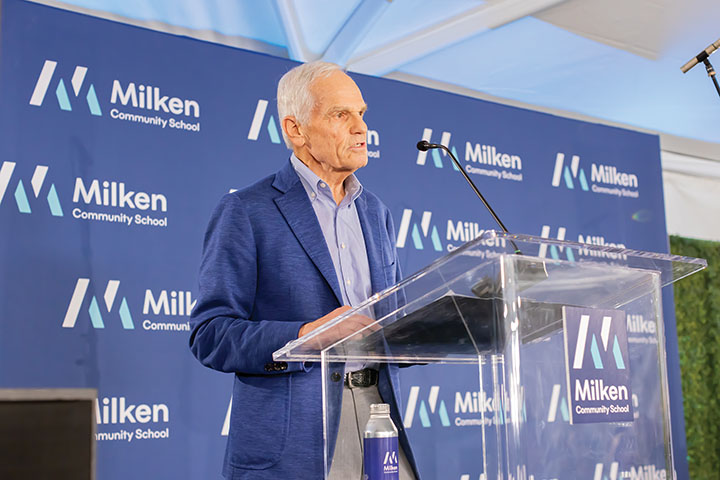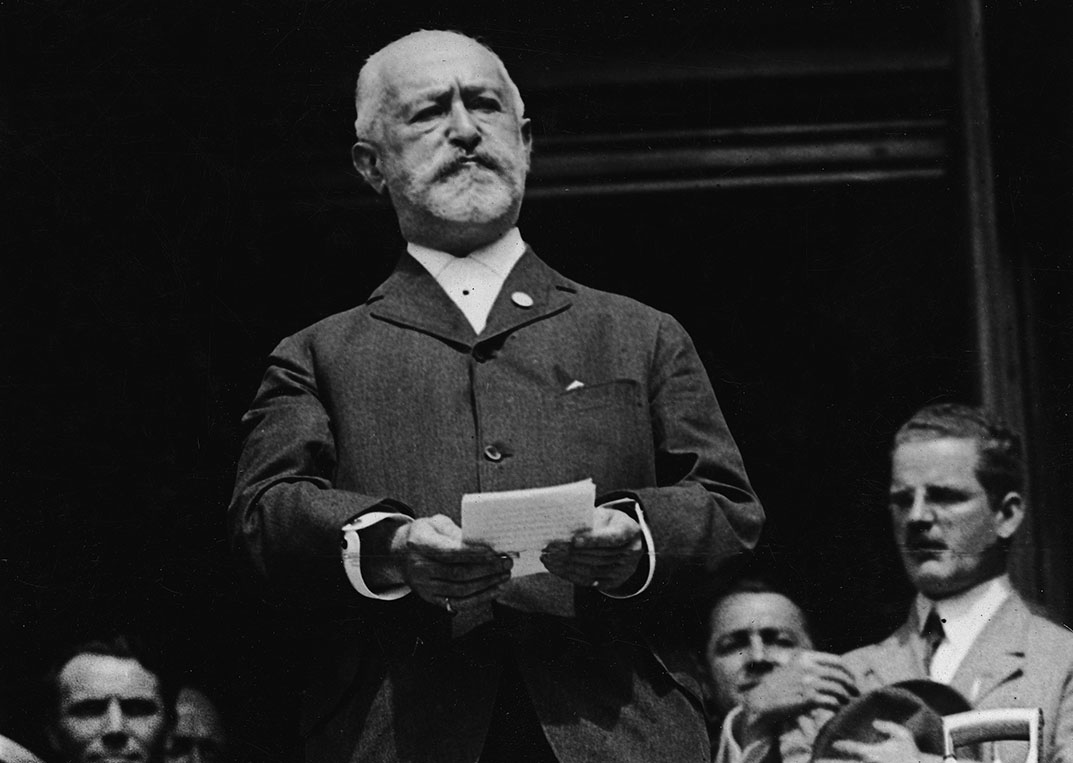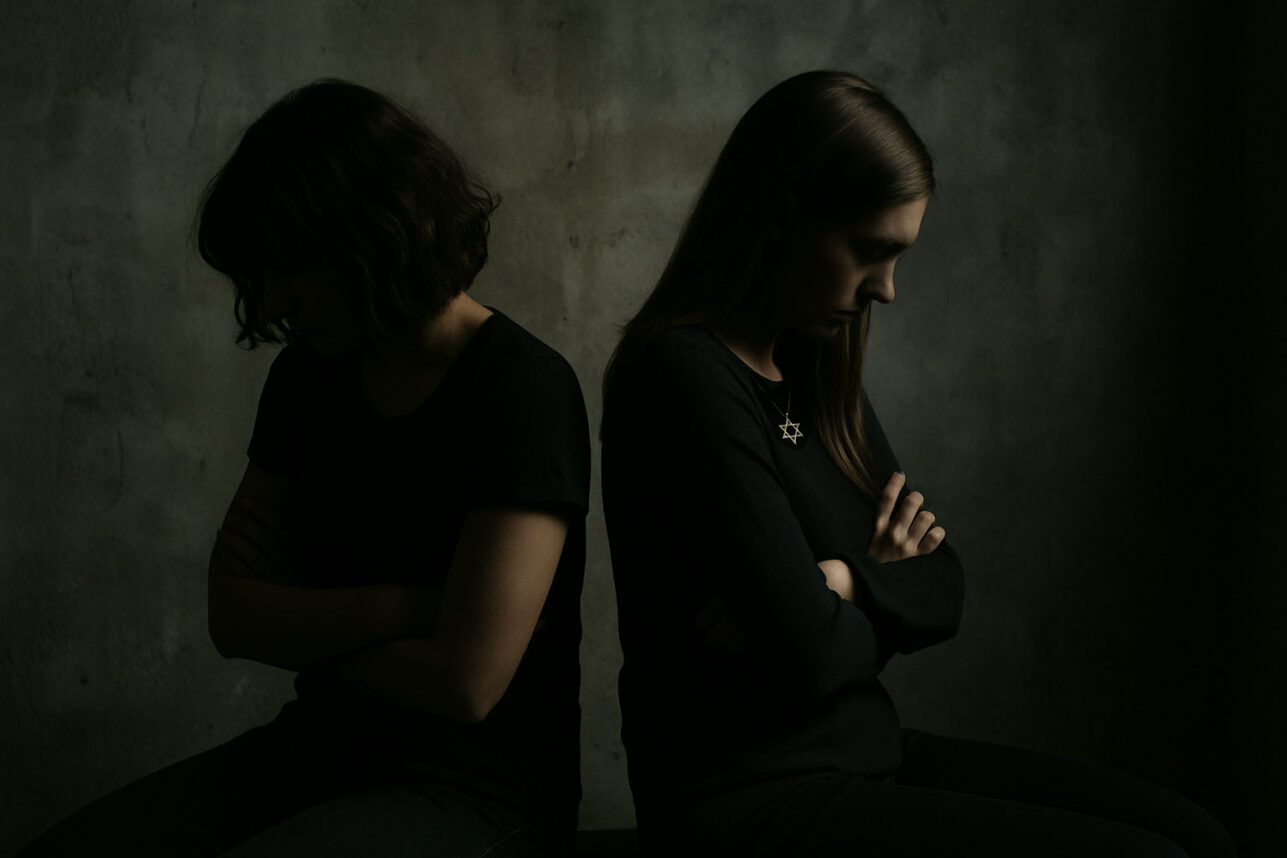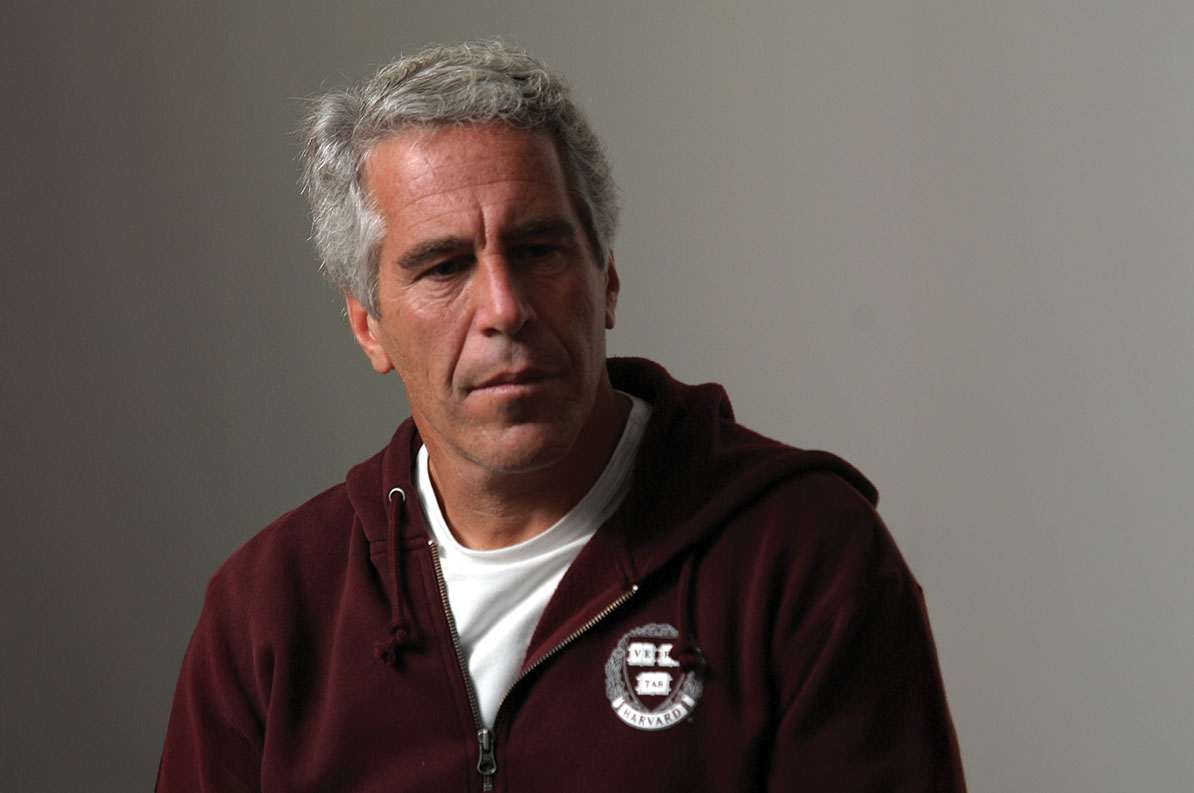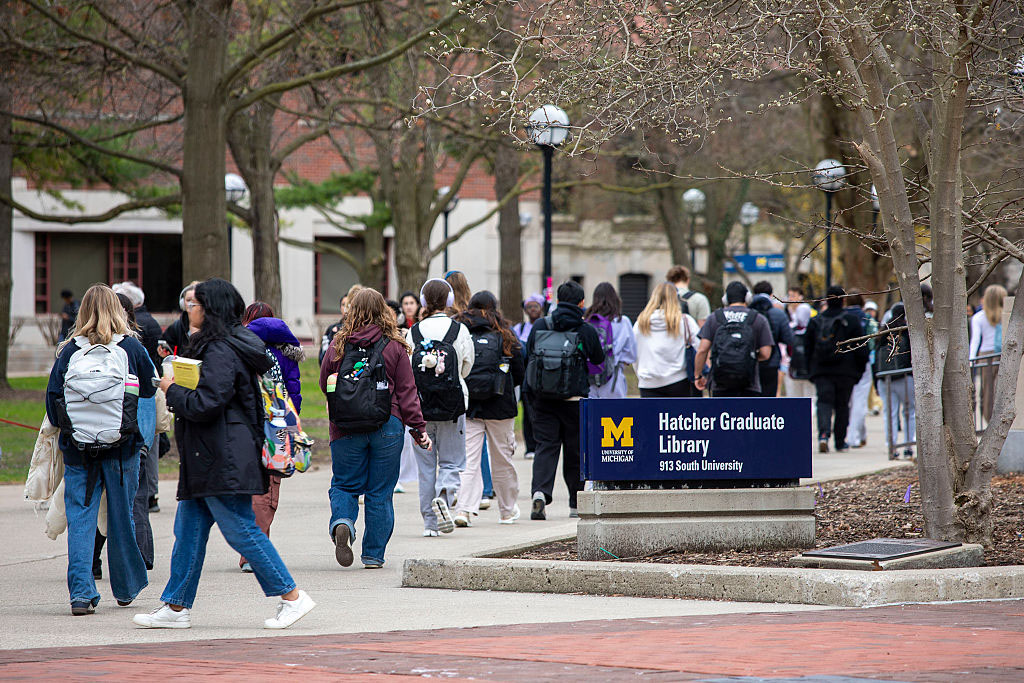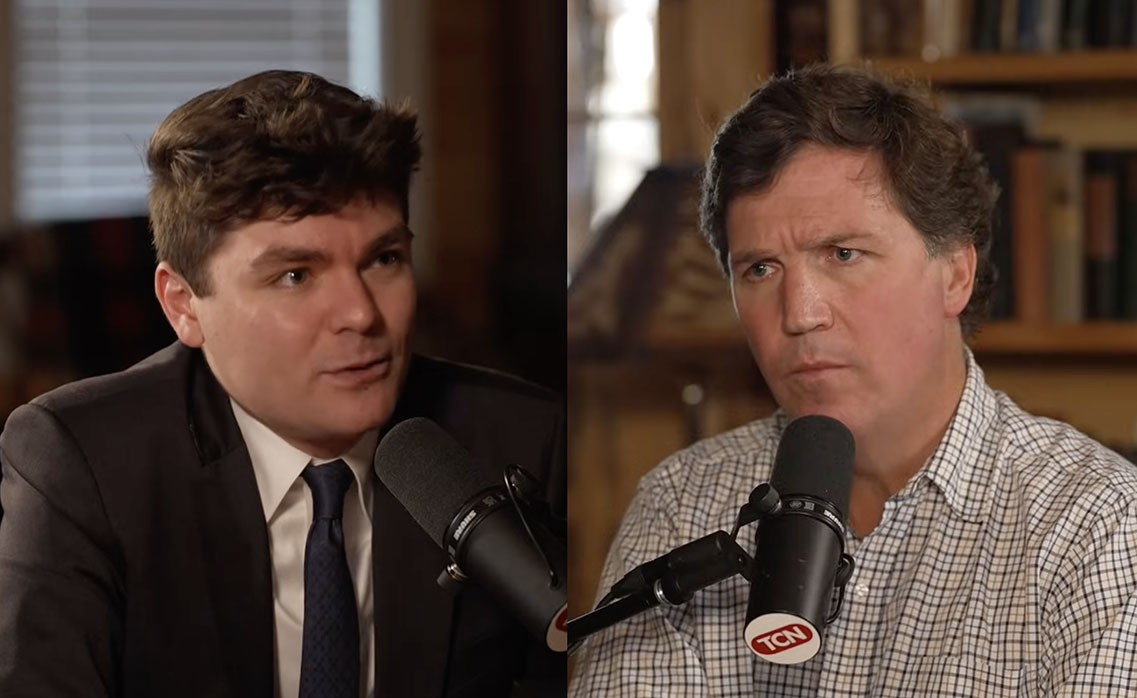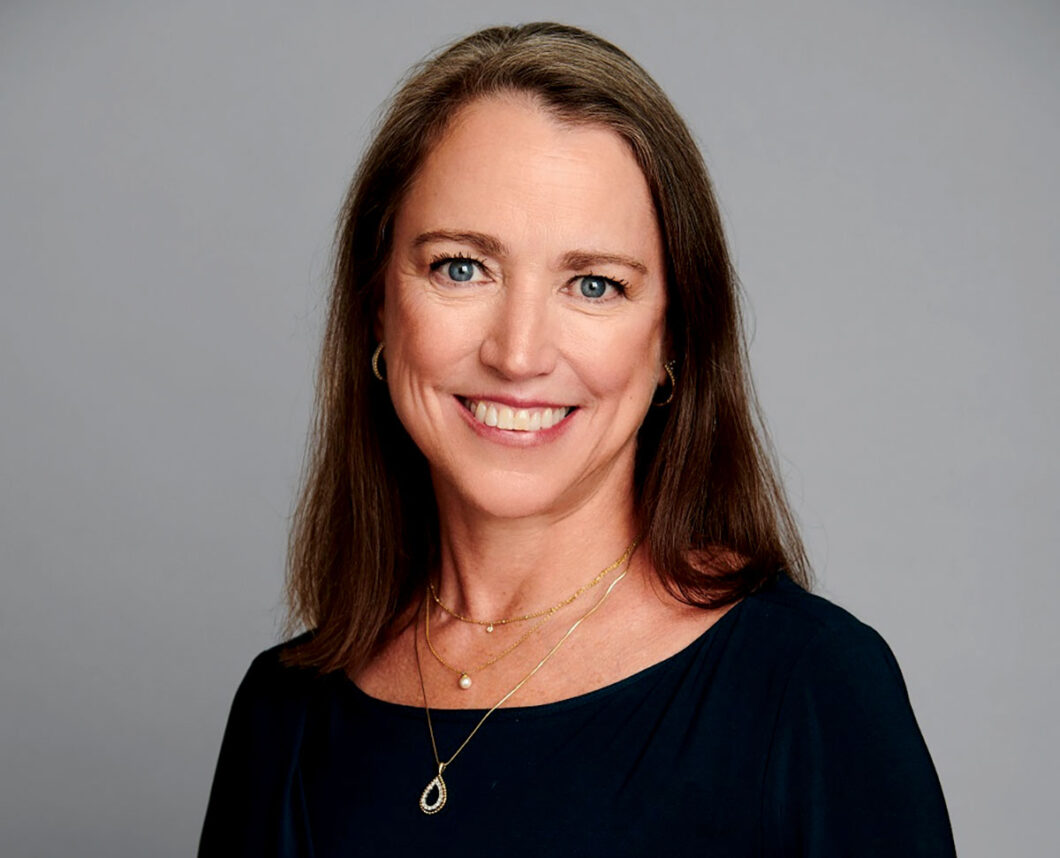In a sunny hotel room overlooking the Pacific, Debra Winger is telling Jewish tales as big and bad as “Big Bad Love,” her first film since abruptly quitting show business seven years ago. Her turquoise eyes well up and her raspy voice breaks as she breathlessly describes attending Manhattan’s Congregation B’nai Jeshurun a couple of days before her son, Noah, became bat mitzvah in 2000. “It was the first time I was ever called to the Torah,” says Winger, who wasn’t allowed to have a bar mitzvah growing up in the Valley. “My Orthodox grandmother wouldn’t hear of a girl on the bimah.”
The 46-year-old actress — whom Newsweek once dubbed “as life-size as the girl next door if the girl next door happens to be a Marlboro-smoking Jewish wildcat” — felt she was becoming bat mitzvah that morning at B’nai Jeshurun. She’s also felt a lingering sadness: “My grandmother never acknowledged Noah,” she says, laughing and crying in a manner reminiscent of her Oscar-nominated turn in 1983’s “Terms of Endearment.”
“She disowned me when I married his non-Jewish father [actor Timothy Hutton]. And I had been the most devoted grandchild, and I had named Noah after her late husband, and I’d had a bris and raised him Jewish. But she sat shiva for me, and she never took me back; she took it to her grave.”
Unspoken resentments also seethe throughout “Big Bad Love,” the haunting saga of an alcoholic Mississippi writer (played by Winger’s current husband, Arliss Howard) obsessed with his ex-wife (Winger). “I wanted to investigate what it means to be a man and a woman, together and apart,” Howard, 47, says of his directorial debut.
Perhaps no one was better suited to play his onscreen wife than Winger, but she was reluctant. After starring in the forgettable “Forget Paris” in 1995, she’d signed her Screen Actors Guild retirement card. Some observers wondered if her reputation as a “difficult” actress had tanked her career: She’d fought with directors, spurned reporters and publicly trashed her own films if she thought they were bad.
Keenly peering through wire spectacles during a recent interview, Winger offers a different explanation: “My mother was passing, and I wanted to be there for that,” she says. “And that segued into a big reflective period. I’d never liked show business, and I just wasn’t finding the kinds of stories I wanted to tell, especially weighed against the drama happening in my life.”
Instead, she married Howard, a Missouri-bred non-Jew, in a ceremony conducted by a rabbi on Thanksgiving Day, 1996. She had another son, Babe, now 4, did theater with her husband and taught a course at Harvard. When Howard began nudging her about “Love,” she gave him lists of other actresses to consider. He lured her by rewriting her character as an ex-wife-against type: a former spouse who “is not bitter, whose heart remains open,” says Winger, herself an ex-wife.
If Winger has a rebellious streak, it’s extended to her Judaism. She says her parents were “horrified” when she decided to intensify her religious studies by attending Los Angeles Hebrew High School: “My mother had moved away from Cleveland to escape my grandmother’s Orthodoxy, then I became her mother,” she says, with a boisterous laugh. After graduating high school at 15, Winger ran off to a kibbutz and contemplated living in Israel, but left after a stint of army training. Back in Los Angeles, she resolved to become an actress while recovering from a car accident that left her partially paralyzed and blind for several months.
Eventually she earned three Oscar nominations for her performances in “Terms,” “An Officer and a Gentleman” (1982) and “Shadowlands” (1993), in which she played a secular Jewish divorcee who weds author C.S. Lewis.
Winger admits that she’s been outspoken with directors. On the set of “Big Bad Love,” based on Larry Brown’s short stories, Howard says his wife created a “productive adversity.” “You don’t direct Debra,” he says. “You tell her stories.”
The strategy apparently worked. While “Love” has received some mixed reviews, Winger has been unanimously lauded for her understated yet raw performance. She says the experience has whetted her appetite for more film work, if the right project emerges. Meanwhile, she’s content being a mom in Westchester County, N.Y., lighting candles on Shabbat, arranging for Noah’s weekly Jewish studies tutor and teaching Babe the Alef Bet.
Suddenly — in another big, bad flourish — she reveals she hasn’t set foot in synagogue since the tragedy of Sept. 11. “I’ve become convinced that organized religion is the root of all evil,” she says. “Because I’m still pulled toward Jewish ritual, that’s a dilemma. But I’m willing to sit with it and see how I feel.”
“Big Bad Love” opens today in Los Angeles.








